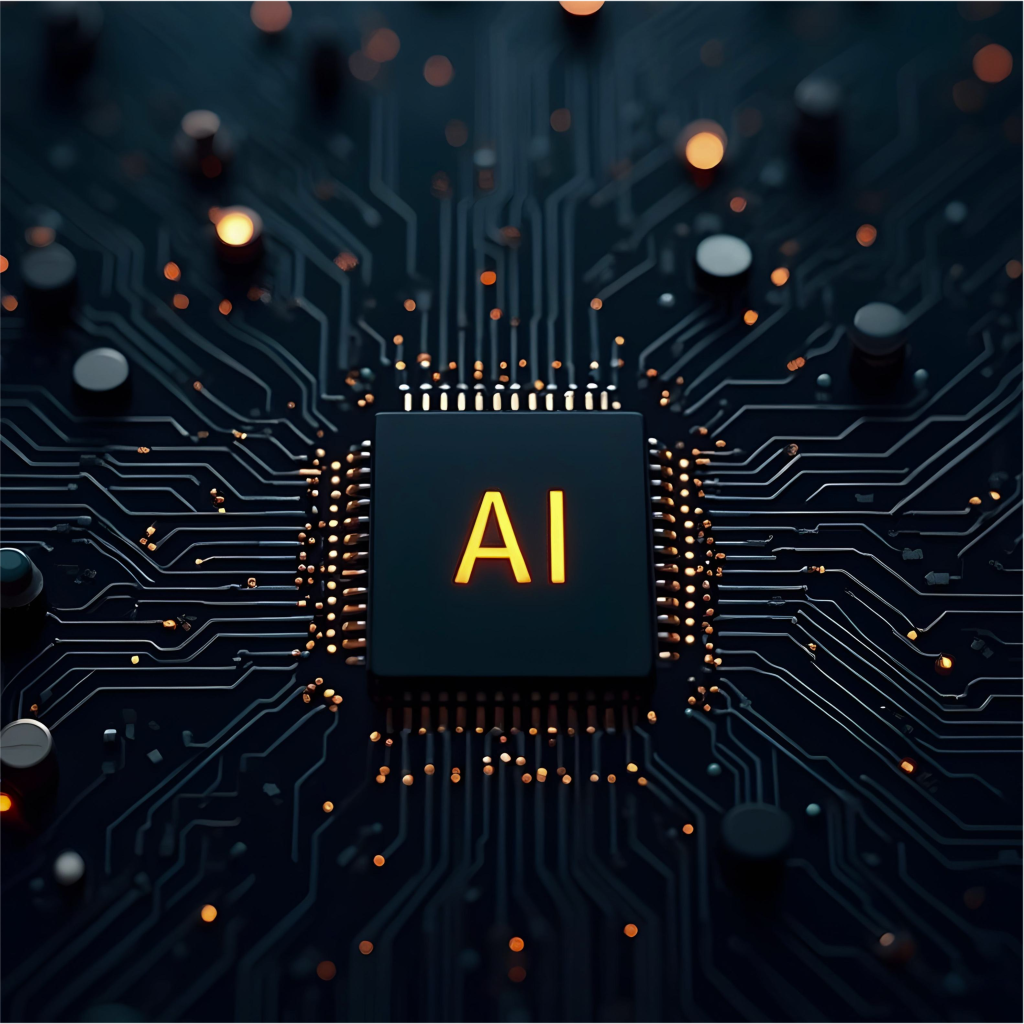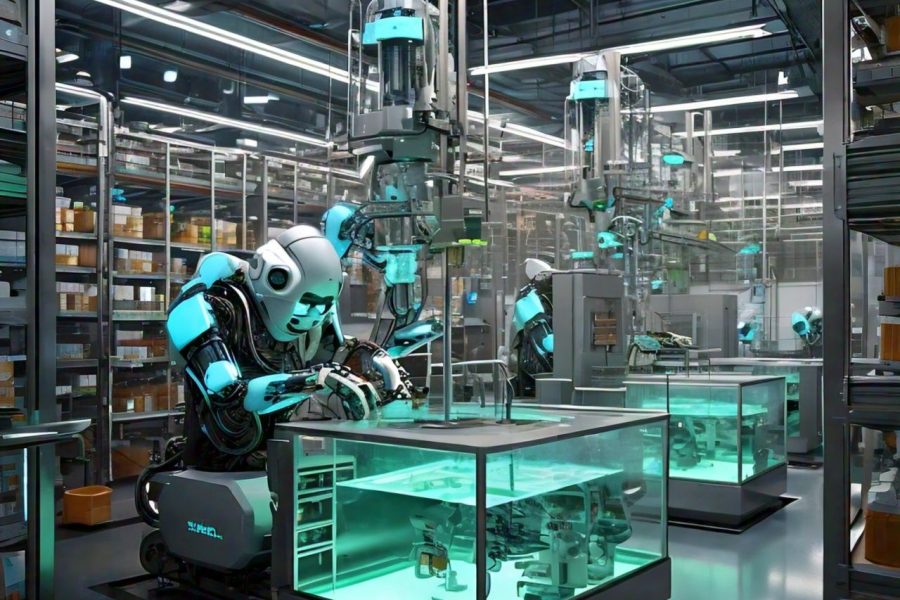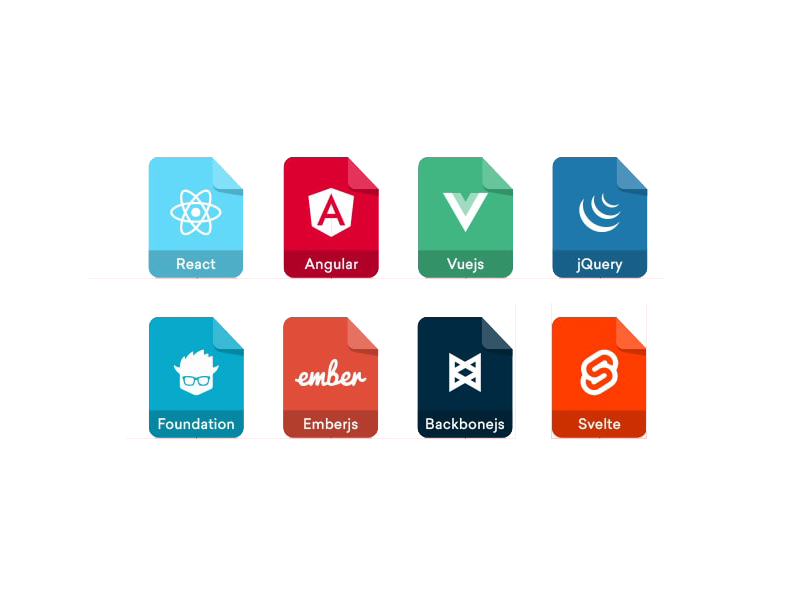Artificial Intelligence (AI) is no longer a futuristic concept but a core part of many business strategies today. It enables companies to make smarter decisions, optimize processes, and create personalized experiences for customers. Here are 10 transformative AI use cases that are shaping the future of business across various industries:
1. Customer Service Automation with AI Chatbots
AI-powered chatbots have become essential in customer service, enabling companies to provide instant, 24/7 support to customers. These bots can answer frequently asked questions, guide users through troubleshooting, and handle simple tasks like booking appointments or tracking orders.
- Example: Companies like Zendesk and Drift offer AI chatbots that streamline customer interactions, reduce response times, and improve overall satisfaction.
2. Predictive Analytics for Sales and Marketing
Predictive analytics uses machine learning algorithms to analyze historical data and predict future outcomes. In sales and marketing, AI models forecast customer behavior, helping businesses make data-driven decisions about targeting, pricing, and customer retention strategies.
- Example: Salesforce Einstein leverages AI to predict which leads are most likely to convert, improving sales efficiency and helping teams focus on high-priority opportunities.
3. AI for Personalized Marketing
AI enables hyper-personalized marketing by analyzing customer data such as browsing behavior, purchase history, and demographic information. AI models create highly targeted campaigns, suggesting products or services that are most relevant to individual users, thereby improving conversion rates.
- Example: Amazon uses AI-driven recommendation engines to suggest products tailored to each customer’s preferences, significantly boosting customer engagement and sales.
4. Fraud Detection and Risk Management
In finance and e-commerce, AI plays a crucial role in detecting fraud and managing risk. Machine learning algorithms analyze transaction data in real-time to spot unusual patterns or anomalies that indicate potential fraud, helping businesses mitigate risks before they escalate.
- Example: PayPal uses AI algorithms to analyze millions of transactions and identify fraudulent behavior, protecting both customers and the business.
5. Supply Chain Optimization
AI helps companies optimize their supply chain operations by predicting demand, managing inventory, and streamlining logistics. AI models analyze data from suppliers, customers, and the market to make accurate predictions about future trends, reducing costs and preventing stockouts or excess inventory.
- Example: Walmart employs AI to forecast demand for specific products, optimize inventory levels, and improve overall supply chain efficiency.
6. AI in Human Resources: Talent Acquisition and Management
AI is revolutionizing human resources by streamlining recruitment processes and improving talent management. AI-powered tools screen resumes, match candidates to job openings, and even predict employee performance and retention rates based on historical data.
- Example: LinkedIn Recruiter uses AI to identify top talent for specific roles, saving HR teams countless hours and improving hiring accuracy.
7. Predictive Maintenance in Manufacturing
AI-driven predictive maintenance allows manufacturers to predict equipment failures before they happen, reducing downtime and maintenance costs. By analyzing data from sensors and machines, AI models detect when machinery is likely to fail, enabling proactive repairs.
- Example: General Electric uses AI to monitor its industrial machinery and predict maintenance needs, significantly reducing unexpected breakdowns and operational disruptions.
8. AI-Enhanced Cybersecurity
AI is enhancing cybersecurity by identifying potential threats in real-time. Machine learning models can quickly detect unusual network activity, analyze patterns, and flag potential security breaches, allowing businesses to respond more swiftly to cyberattacks.
- Example: Darktrace, an AI-powered cybersecurity company, uses machine learning to detect and respond to cyber threats in real time, protecting businesses from evolving digital risks.
9. AI for Financial Forecasting
AI helps finance teams predict market trends, customer behaviors, and economic shifts with higher accuracy. AI models can analyze vast amounts of data in real time to provide actionable insights, enabling businesses to make informed financial decisions.
- Example: JPMorgan Chase uses AI algorithms for accurate financial forecasting, helping its teams better understand market fluctuations and make strategic investment decisions.
10. AI-Driven Product Development
AI assists companies in creating new products by analyzing customer feedback, market trends, and competitor data. AI models can recommend features, materials, or designs that will resonate with target audiences, shortening the time from concept to market.
- Example: Nike uses AI to analyze customer preferences and optimize product designs, leading to the development of highly tailored athletic gear that meets consumer needs.
Conclusion: AI as a Strategic Asset for Businesses
AI is transforming industries across the board by enabling automation, personalization, and smarter decision-making. From improving customer service to optimizing supply chains and enhancing cybersecurity, AI provides businesses with the tools they need to stay competitive in today’s fast-paced world. As AI technologies continue to evolve, businesses that embrace these innovations will unlock new growth opportunities and drive long-term success.
Is your business ready to leverage AI? By understanding these use cases, you can begin to explore how AI can address your company’s specific challenges and elevate your operations to the next level.






